
News writer; Opinion columnist
Even if you don't have a ticket, a lottery drawing is one of the most exciting moments on television. In just a few moments, someone will become a multi-millionaire or billionaire, all due to pure luck.
But what happens when they get it wrong? What if the numbers they call out on TV or print online aren't the real winning numbers? Do the winners still get their money? Can losers collect prizes that they didn't actually win?
Given how much is at stake, one would think that lotteries would do everything possible to ensure that only the correct numbers are publicly announced. However, as we've seen time and again, whether through human or computer error, sometimes the people running these games get it wrong.
These are the true stories of lotteries that announced the wrong numbers for multi-million-dollar jackpots and what happens when players who thought they had won big didn't.
Power outage
No set of lottery numbers attracts more attention than a Powerball drawing. With jackpots occasionally exceeding one billion dollars, a winning ticket can provide players with more wealth than they could ever imagine.
That's also why it's crucial to ensure that when the winning numbers are made public, they're the correct winning numbers. Iowa Lottery officials learned this lesson the hard way in November of 2023 when they announced the wrong numbers for a Powerball drawing featuring a $355 million jackpot.
State lottery websites posted the incorrect numbers at 12:30 AM on a Monday and did not correct them until just after 7:00 AM the same day. Due to the challenge of entering the correct numbers into the state's computers, officials suspended all payments for the game until 3:30 PM on Tuesday.
While no one collected the massive jackpot or a million-dollar prize during that time (which would take longer than seven hours to claim), several people who held tickets with the wrong numbers were able to cash in for smaller amounts, ranging from a free ticket to $200.
Once the mistake was finally corrected, the wrong winners were allowed to keep their cash.
Iowa Lottery officials attributed the issue to human error and released a statement explaining what went wrong:
As part of the Iowa Lottery's procedures, two different people in two different locations both enter the results from lotto drawings before they are officially recorded on the lottery's statewide gaming system. But when the winning numbers from Monday's Powerball drawing were being inputted, some of the numbers were entered incorrectly.
They also addressed why it took more than a day to enter the correct numbers:
It takes time to correct an error like that on the lottery's statewide gaming system, which links all the lottery terminals and self-service kiosks in the state.
While it wasn't a million-dollar mistake, it could have potentially been tragic if someone thought they had won the top prize, but really only took home a free play.
DC follies
Washington, DC resident John Cheeks couldn't believe his eyes when he checked the District of Columbia Lottery website for the Powerball numbers in January 2023 and saw his winning numbers staring back at him. He quickly hurried down to his local lottery office and tried to collect his $340 million prize.
However, instead of handing him a giant check and a bottle of champagne, District lottery employees told him that his ticket was worthless and he should throw it away. Cheeks investigated further and learned that the website had accidentally printed the wrong numbers.
Despite not having the official winning numbers, he still felt entitled to his fortune because the numbers had been published on the official Powerball website. However, officials have successfully argued that the site contains a disclaimer stating that the numbers they publish are not considered the “final authority” and that the DC lottery office must still verify all tickets.
Cheeks filed a lawsuit to force the lottery to pay him the prize, but as of this writing, all he has to show for his efforts is a lottery ticket with the wrong numbers.
EuroMillions
It's not only American lottery officials who are capable of screwing up a simple lottery drawing. In November of 2024, all eyes were on the latest EuroMillions drawing, which featured a jackpot worth 177 million Euros ($201 million).
EuroMillions is a popular lottery game available in several European countries, with jackpots that are occasionally worth over € 100 million. Winning players must pick five correct numbers as well as two “lucky star” numbers to win.
However, players in England were probably confused when the National Lottery posted an extra number alongside the winning numbers. That made it impossible for anyone to win, because the announced numbers exceeded the maximum number of playable numbers.
The Press Association, a British wire news service, provided the extra number and didn't correct it until several hours later. According to National Lottery officials, a UK player held the jackpot-winning ticket, making them one of the largest winners in England's lottery history.
Andy Carter, who works as a financial advisor for lottery winners, stated:
It has been a truly incredible night for a single UK ticket-holder who has scooped tonight's jaw-dropping 177 million EuroMillions jackpot. The win has landed them a spot on the National Lottery's Rich List, as they have become the third biggest National Lottery winner of all time!
According to the Sunday Times, the winning player is now richer than pop star Harry Styles and heavyweight boxing champion Anthony Joshua.
Fortunately, the big winner didn't tear up their ticket after the wrong numbers were posted. While their identity remains anonymous, officials claim they were able to validate the ticket and pay out the winner successfully.
Mega mistake
Many people probably think that John Crow has a dream job. As the host of the Mega Millions TV show, he's well paid to correctly read out the six winning numbers for every Mega Millions drawing.
The keyword in that last sentence is “correctly”.
While Crow has hosted the show without a glitch since 2008, he broke a streak of perfect callouts on May 10, 2022, when he incorrectly read the golden Mega Ball as a six, when it was actually a nine.
The mistake went further, however, when the incorrect number was not only displayed on the telecast but also made its way to some lottery terminals, which, for a time, showed the Mega Ball number as a six.
The Mega Ball number is particularly significant because players who guess it correctly and get no other numbers still win $2, and combining it with different numbers can lead to payouts as big as $100,000.
While Mega Millions officials worked to clear up the confusion, hundreds of players with non-winning tickets were still able to cash in based on the wrong number, and tens of thousands of dollars were paid out, including to two players who each collected a $10,000 prize.
New York State Lottery officials had to order a temporary freeze on all lottery payouts until they could update all of their computers with the correct numbers.
Fortunately for John and Mega Millions officials, no one won the jackpot with either the wrong or the correct Powerball number, so while some players were undoubtedly disappointed not to hold winning tickets, no one had to be told they weren't $86 million richer after they bought a new Porsche.
Glitch in the system
On Christmas Day, 2017, South Carolina handed out the ultimate gift: lottery tickets that were guaranteed to win.
But while many players felt that the lottery was acting like Santa Claus, it wasn't long before it turned into the Grinch.
The problem (or miracle, depending on your point of view) all started because of an add-on Christmas-themed tic-tac-toe game. If players purchased a regular lottery ticket, they could also buy the add-on game. To win, players had to uncover squares featuring a Christmas Tree. Getting three Christmas trees in a row meant winning $100.
Players could create multiple rows of trees on a single ticket and win up to $500. So far, so good, except that a computer glitch caused every single square on the add-on game to have a Christmas tree, meaning that players were guaranteed to win $500 with each ticket.
Word of the winning tickets quickly spread throughout the state, causing a buying frenzy. In the two hours the glitched game was available, players purchased 71,000 winning tickets and were owed a total payout of over $35 million.
However, state lottery officials put a freeze on all payouts once they saw the record number of winning tickets. While players demanded their money, lottery officials announced that they would not issue payments for the Christmas tickets because they had been created by mistake, and instead offered to refund players the cost of their invalid tickets.
Players protested and filed a lawsuit to get the money they felt they were owed. The case wound its way through the courts until a judge sided with lottery officials and ruled that the lottery rules stipulated they didn't have to pay out tickets that were issued in error.
Big mistake, big payout?
While a lottery error may seem like a once-in-a-lifetime opportunity to claim a prize without actually winning, you shouldn't start counting your dollars until they're in your bank account. If you stare at the fine print on the back of almost any lottery ticket, you'll see rules explaining that lotteries are not responsible for paying out winning tickets based on mistakes, errors, or typos.
That's why, no matter what you see on TV or read online, it's not official until someone from your local lottery office tells you it's official.
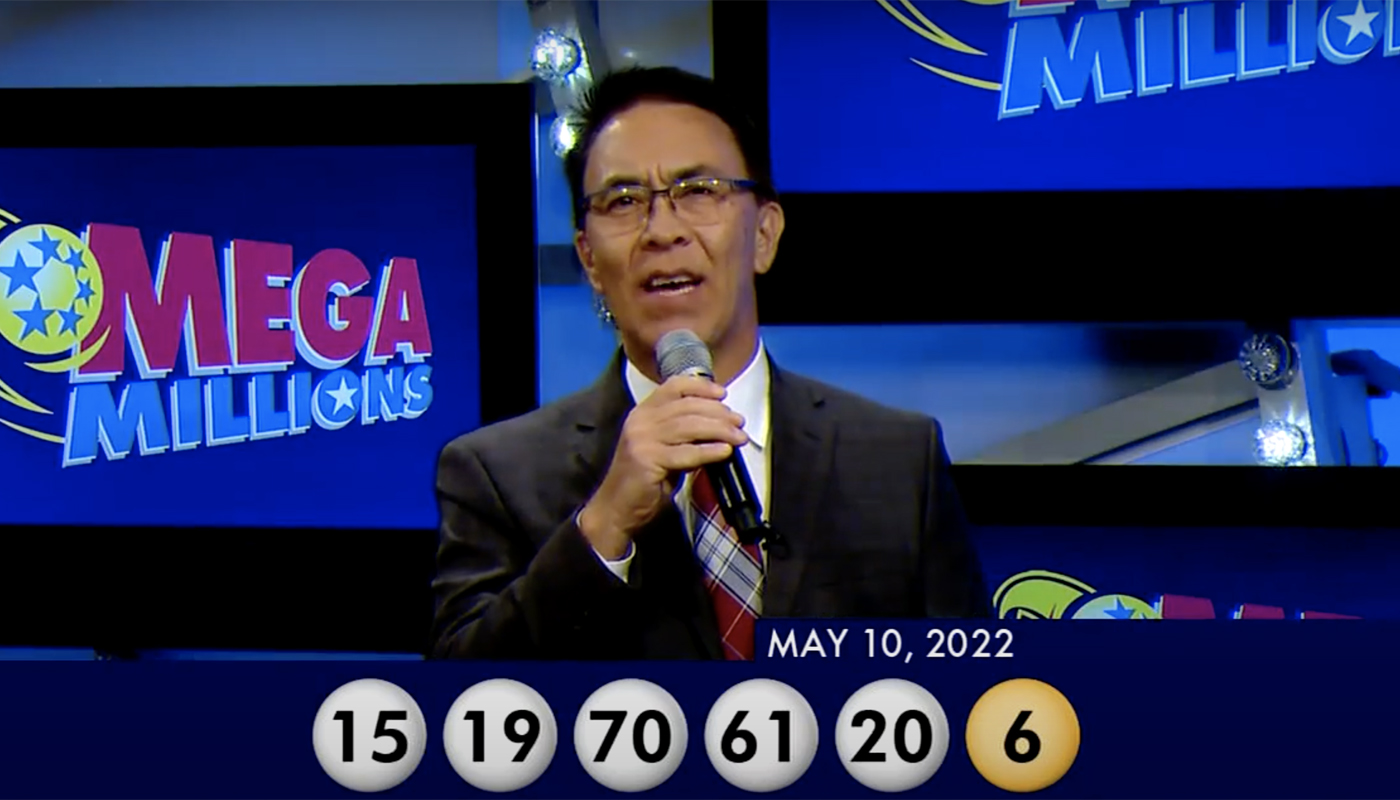


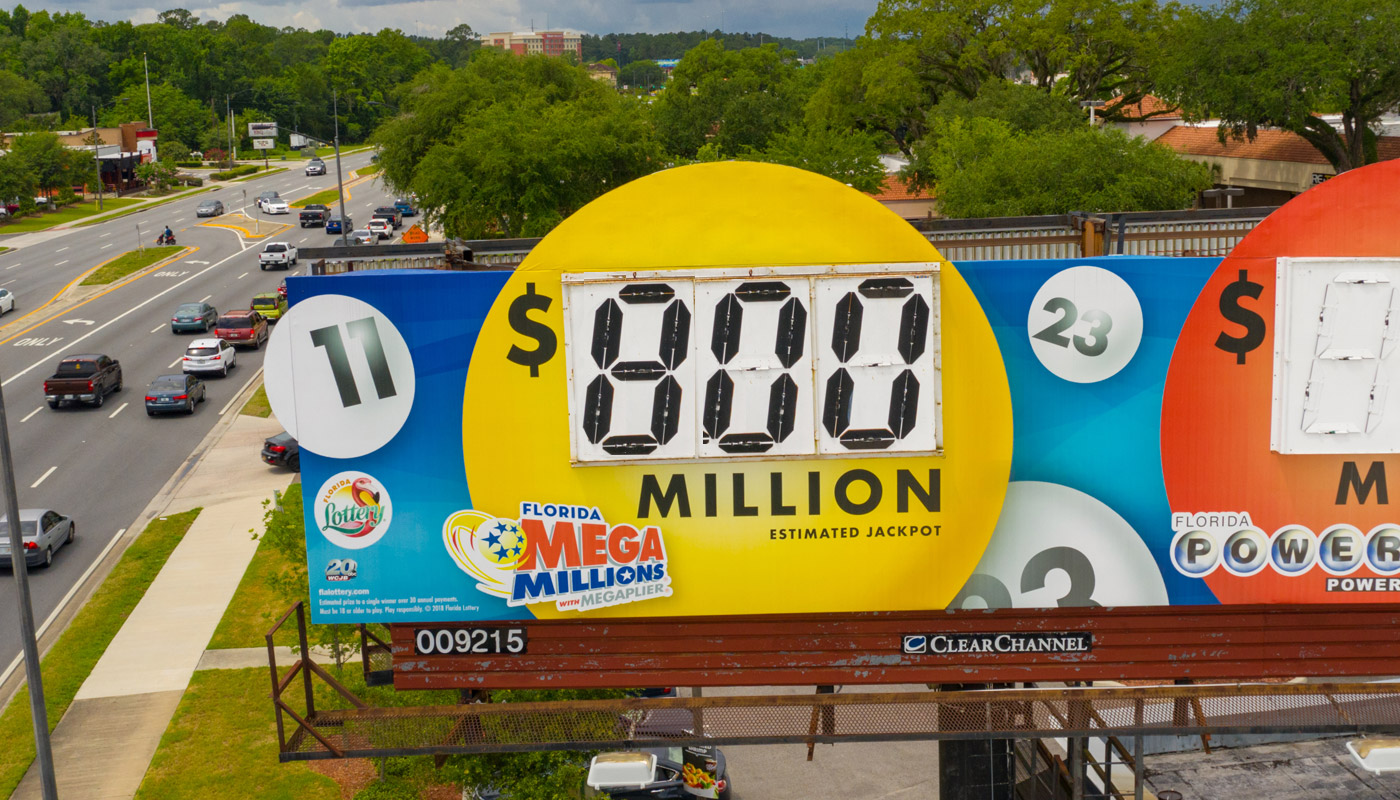

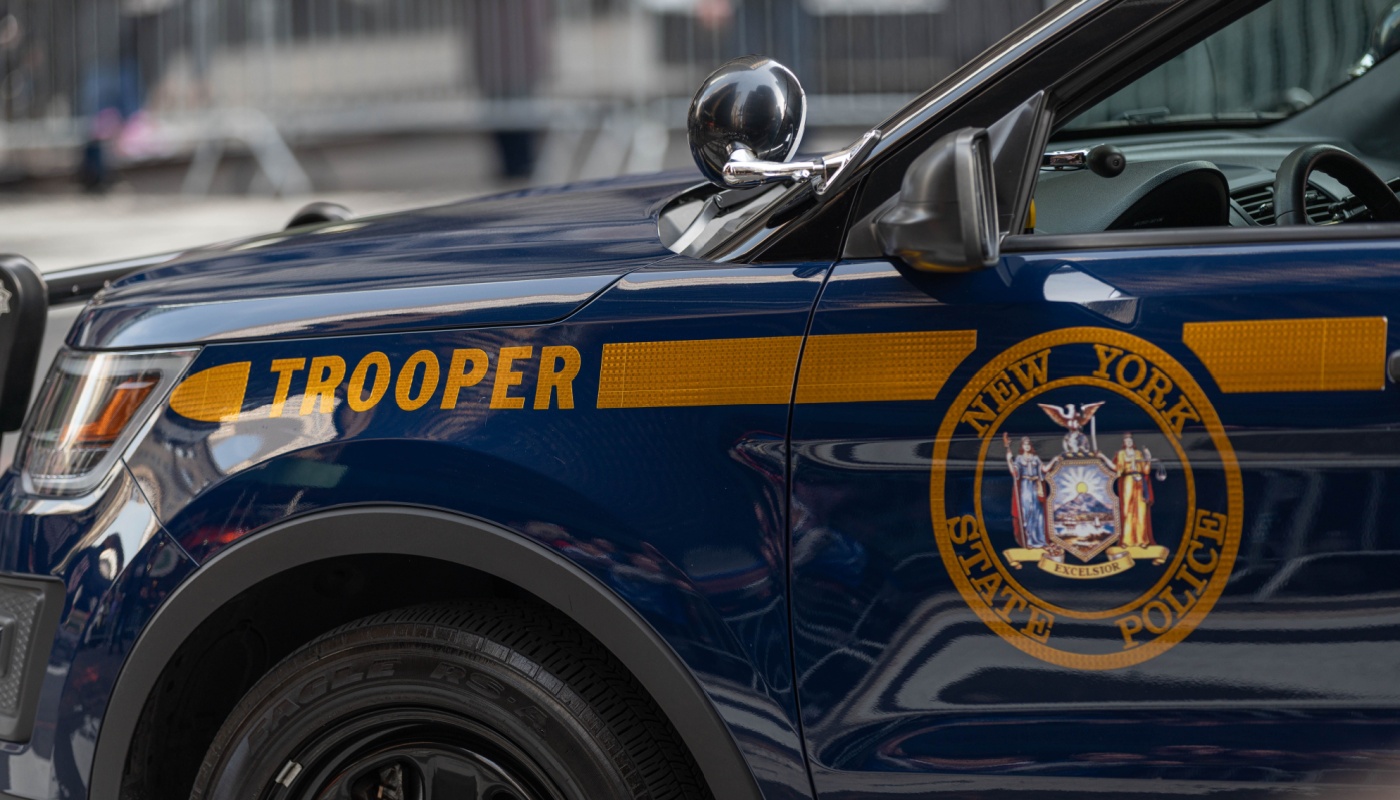
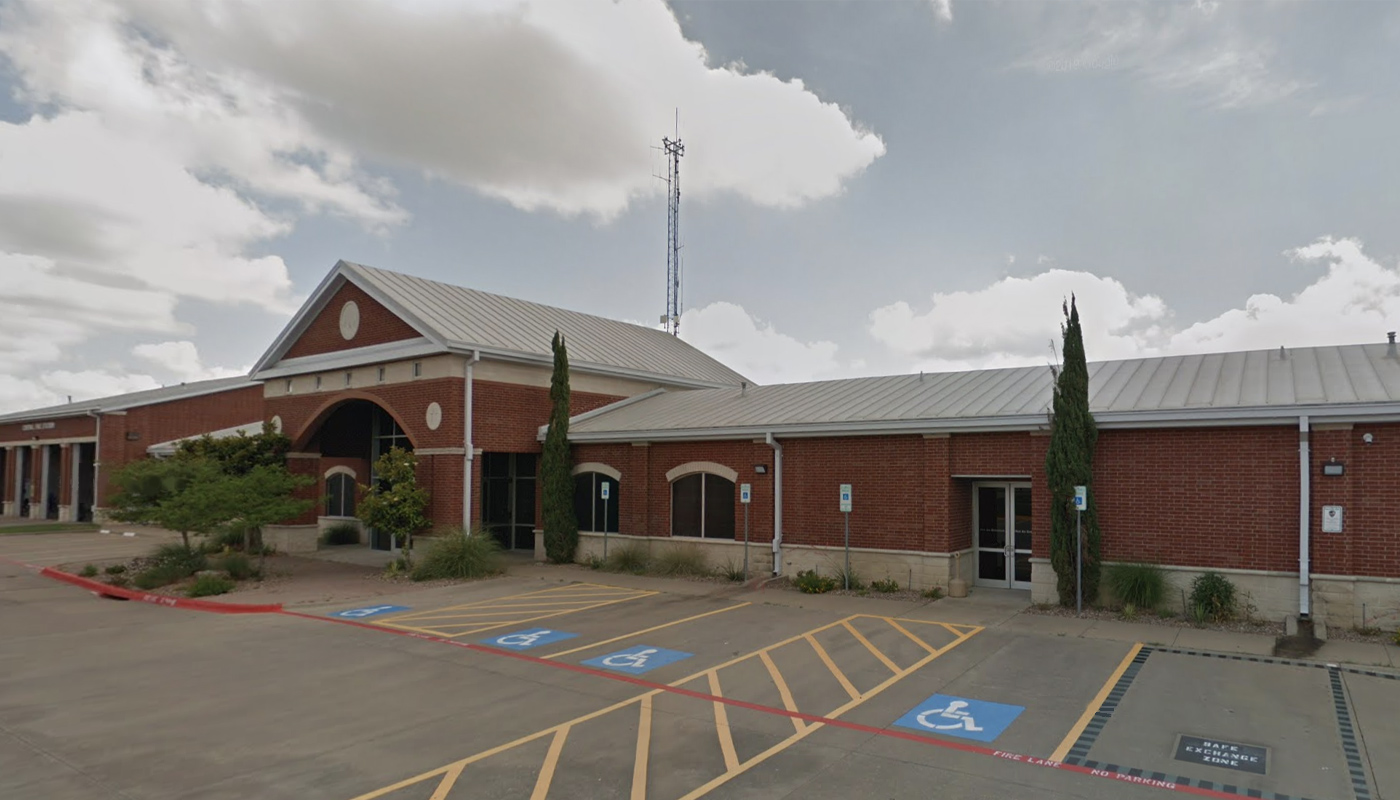
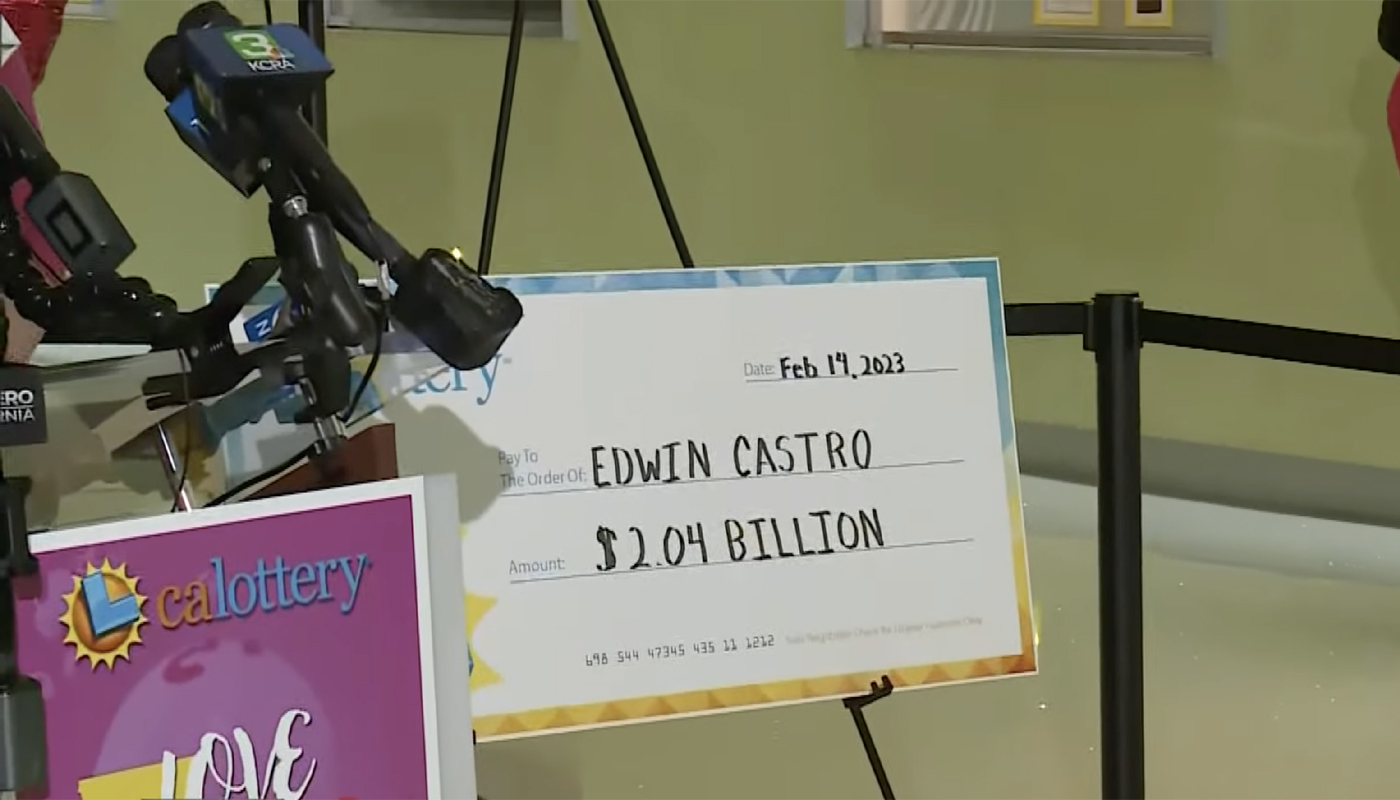
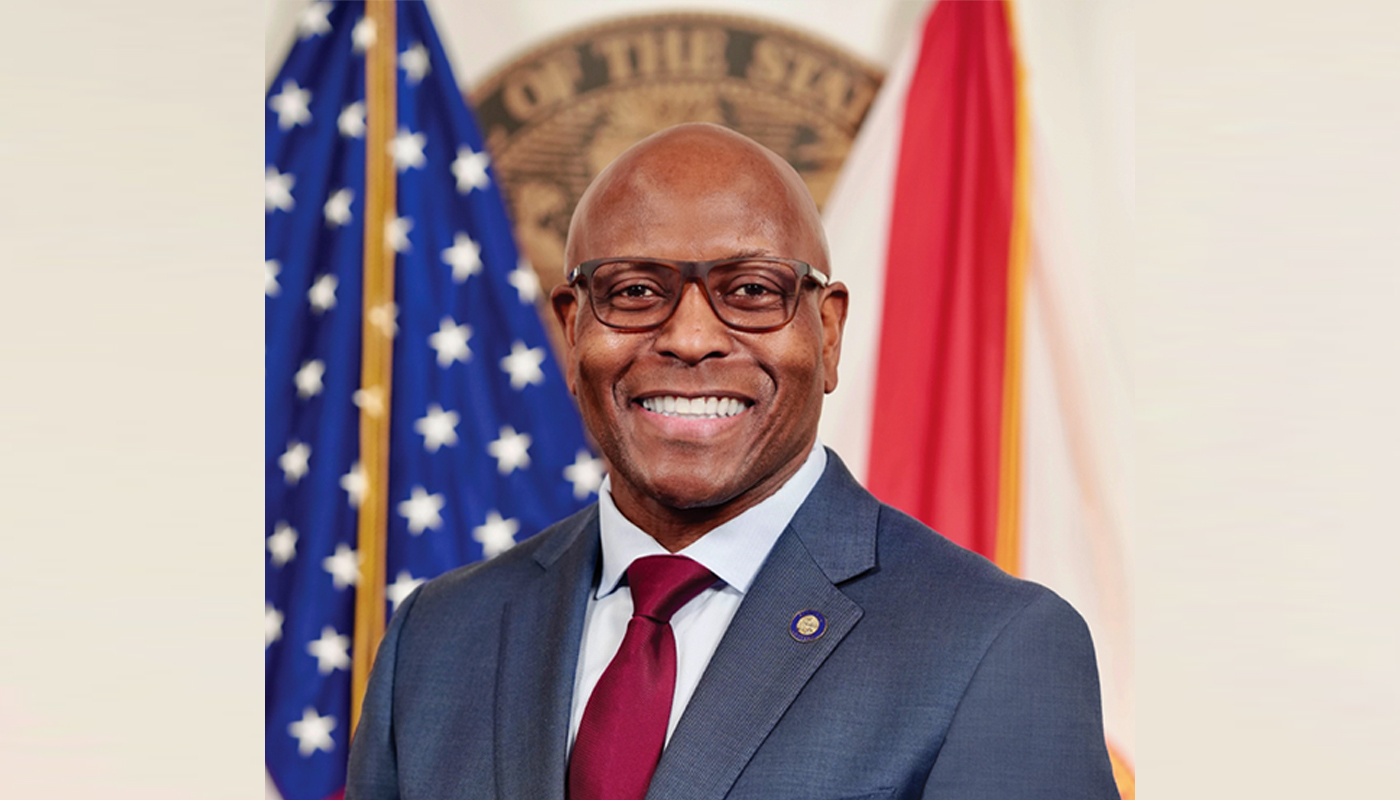









Comments